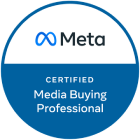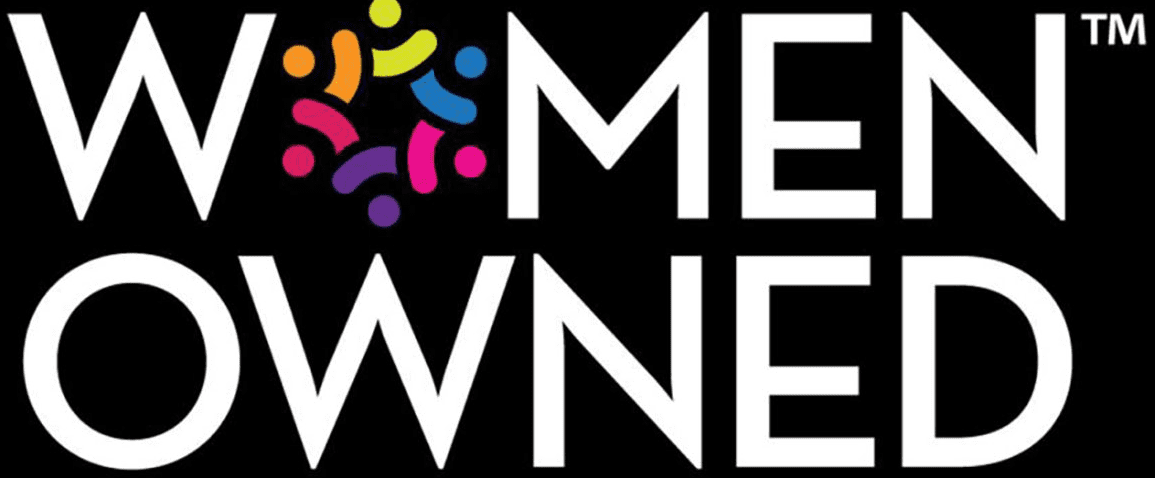If you’re developing the marketing strategy for your business, you’re likely exploring different avenues for reaching your customers, from SEO to social media. Whatever your final marketing mix looks like, it should definitely include a budget for paid search marketing.
Sections
What is paid search marketing?
Paid search marketing is a form of digital marketing where companies pay (hence the “paid”) to place their ads at the top of the search results (and there’s the “search”) on search engines like Google and Bing. Typically, paid search marketing relies on a PPC advertising model, which stands for pay-per-click. When you run a paid search campaign, you only pay when someone actually clicks on your ad. This direct connection between cost and return makes paid search an attractive digital marketing strategy for most businesses.
How does paid search work?
Since paid search ads appear when people search for specific keywords, keywords are the foundation of any successful paid search strategy. Here’s how it works. Businesses bid on the keywords they want their ad to show up for. Then, when someone in their target audience searches for those keywords, their ad appears. If the user clicks on the ad, the business gets charged a fee.
Paid search ads can look different depending on the search intent behind the keyword, as well as the different elements the advertiser is looking to promote. As an example, just take a look at these three examples of paid search ads.

This paid search ad for “estate attorney” emphasizes each attorney’s Google ratings, years in business, and hours of operation. Users can also see a photo of the attorney.

This paid search ad for “sat prep” looks more like a traditional search result, with headings, description text, and a small photo. However, advertisers can opt to show additional URLs, called sitelinks, to drive more traffic. The second advertiser also included a promotion in their ad to attract customers.

This paid search ad for “best headphones for travel” shows Google Shopping Ads at the top of the search results, which include an enlarged product photo, price, ratings, and additional features like whether the product is on-sale, available for pick-up, and wired vs. on-ear.
Paid search is an effective and measurable advertising strategy, which makes it quite popular. Depending on your industry and your target keywords, there may be a lot of competition for a limited number of ad spots. So, how does the search engine decide which ads to show? It depends on a number of factors, including:
- How relevant your ad is for the keyword
- Whether the user matches your audience targeting criteria
- Your maximum bid amount
- The quality of the ad
- Your ad performance
Why use paid search?
Paid search offers advertisers several benefits. Paid search is:
- Fast. One of the best things about paid search is that it delivers results quickly. There’s no waiting period for your keyword rankings to grow on their own, like there is with SEO. Instead, with a well-designed ad and the right bid amount, you can show up at the top of the search results almost immediately.
- Measurable. Both Google Ads and Bing Ads offer free platforms you can use to manage your paid search campaigns, which include robust and detailed analytics for tracking KPIs like cost-per-click (CPC), conversion rate, and more.
- Cost-effective. With paid search, you get to decide who you want to show your ads to, and how much you want to pay to do so. You are in control of how much you pay per day and per campaign. You set a maximum bid for each keyword.
These are some of our favorite benefits of paid search, but the list goes on. For example, even if people don’t click on your ads, you can use ads to build brand awareness. You can also take what you learn from your paid search campaigns and apply it to your SEO, boosting your organic rankings.
Get started with paid search today
Now that you know what paid search marketing is, you also know that it deserves a spot in your marketing strategy. Position your brand for success by partnering with the paid search experts at Your Marketing People. Contact us today to tell us about your advertising goals.







